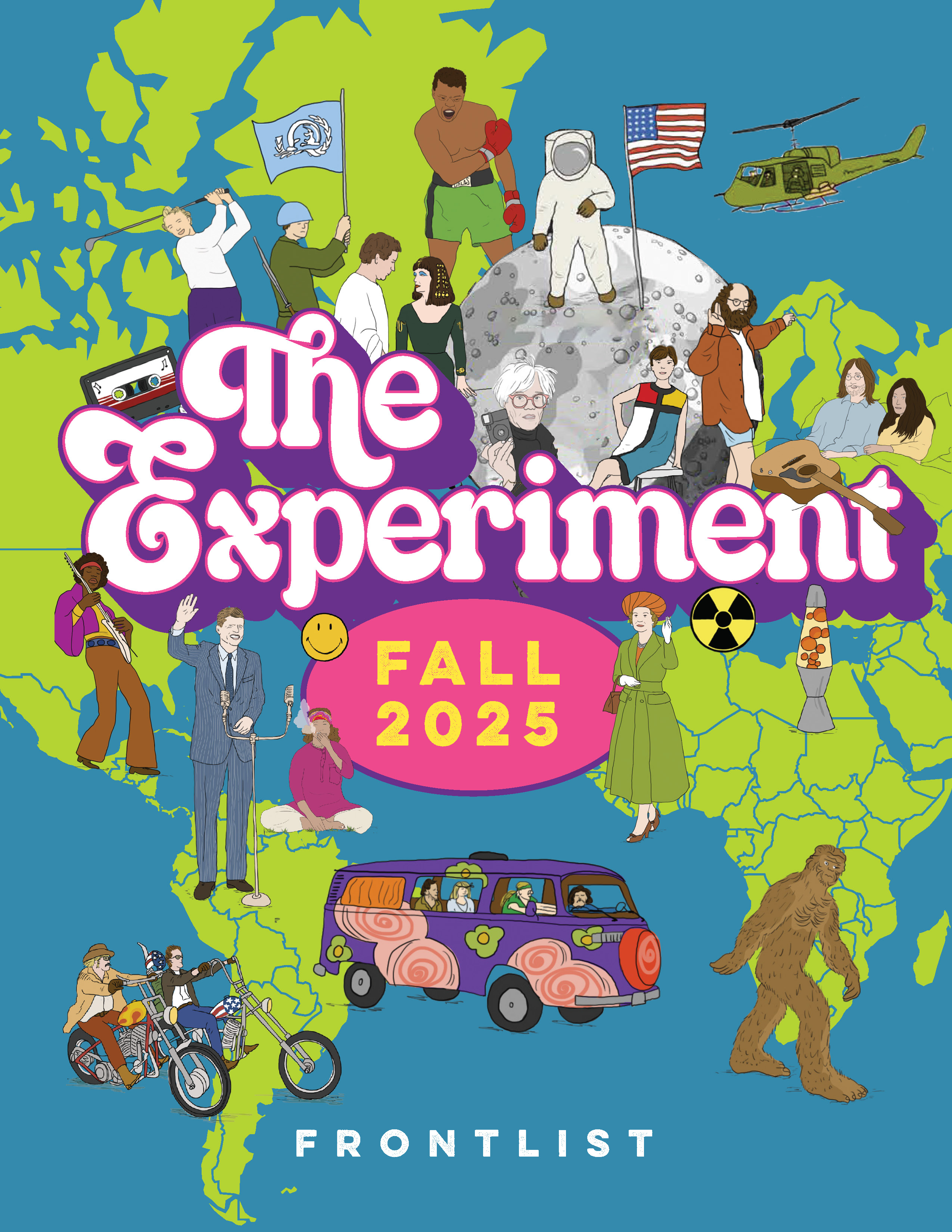 Enlarge Cover
Media/Desk Copy Request
Enlarge Cover
Media/Desk Copy Request
An “epic and joyous” (Adam Rutherford) history of our species, using recent scientific discoveries to explore humanity’s domestication of the plants and animals that have allowed human civilization to thrive.
“An excellent point of entry for anyone who wants to understand the new deep human history and what it portends.”—The Guardian
Dogs became our companions.
Wheat fed booming populations.
Cattle gave us meat and milk.
Corn fueled the growth of empires.
Potatoes brought feast and famine.
Chickens inspired new branches of science.
Rice promised a golden future.
Horses gave us strength and speed.
Apples provided harvestable sweetness.
Humans tamed them all.
For hundreds of thousands of years, our ancestors were just one wild species among many, their survival dependent on the whims of nature. Then, gradually, we began to tame the plants and animals all around us—and ourselves.
Combining genetics, archaeology, evolutionary biology, and anthropology, Tamed tells the story of the greatest revolution in human history, revealing the fascinating origins of crucial domesticated species and how they, in turn, transformed us. Dogs, our first natural ally, aided Ice Age–era hunters and gatherers. Domesticated horses led to new ideas about hunting and combat in the Eurasian Steppe. The reliability of wheat and corn allowed humans to settle down and build civilizations of unprecedented complexity.
As she uncovers the astounding global implications of domestication, Alice Roberts urges us to look again at our relationship with the natural world—and our incredible influence upon it.
★ An Economist and Mail on Sunday Book of the Year
“A masterpiece of evocative scientific storytelling.”—Brian Cox, author of Why Does E=MC2?
“A lively exploration of how human culture depends on partnerships with the plants and animals we have domesticated. . . . Thoroughly readable. . . . Popular science at its best.”—Kirkus Reviews
“Epic and joyous, a landmark in the story of us.”—Adam Rutherford, author of A Brief History of Everyone Who Ever Lived and The Book of Humans
“An excellent point of entry for anyone who wants to understand the new deep human history and what it portends.”—The Guardian
“For fans of Yuval Noah Harari’s Sapiens.”—Mail on Sunday
“[A] lively work of popular scientific history.”—Observer
“Tamed may be the title . . . but the writing is anything but tame. Lyrical storytelling untangles the current thinking on how we’ve entwined our lives with those of plants and animals. From dogs to apples to potatoes to chickens, Roberts provides fascinating insights into domestication, offering anecdotes from past and present that link genetic and archaeological findings.”—BBC Wildlife magazine, Book of the Month
“A fascinating look at thousands of years of history, and readers can easily dip in and out to their liking.”—Woodburn Independent
“Superb: fascinating, intimate biographies of the species that have shared our white-knuckle ride to the present and have helped to make us what we are. Read if you want to know what and why you are.”—Charles Foster, author of Being a Beast


